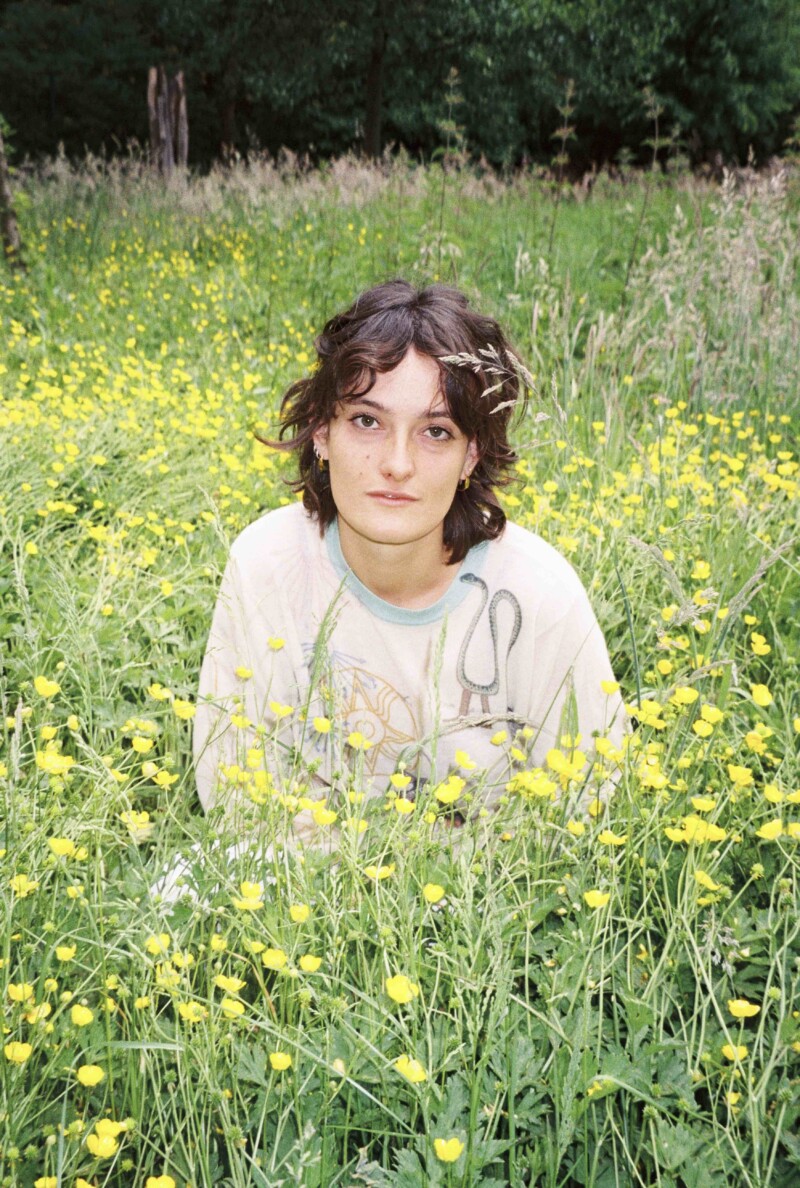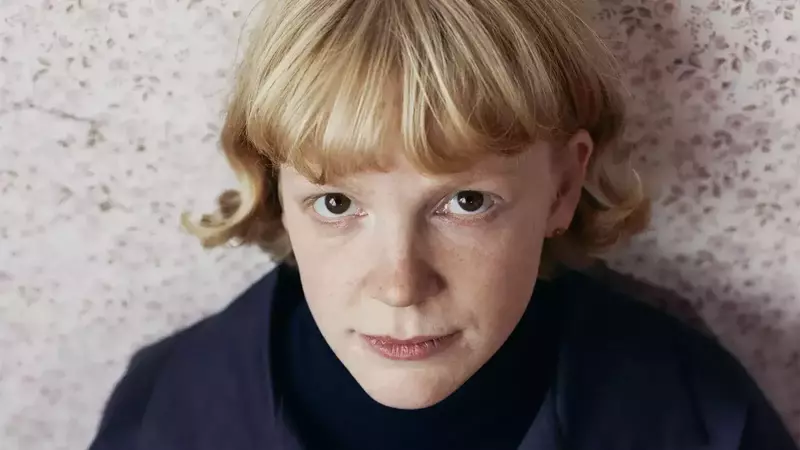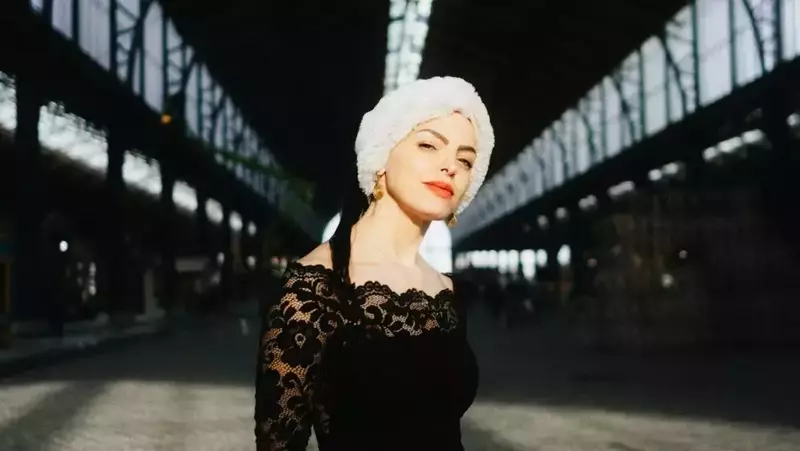Luna Demey
Baking creatures and other doughs

Different Class met up with recent graduate, Luna Demey, who makes mesmerising cake creations under CELEBR8 CULTCAKES. Challenging expectations, constructing narratives and going against aesthetic norms in baking culture, Luna explores what baking offers as an artistic medium. Check out her work at @celebr8_cultcakes.
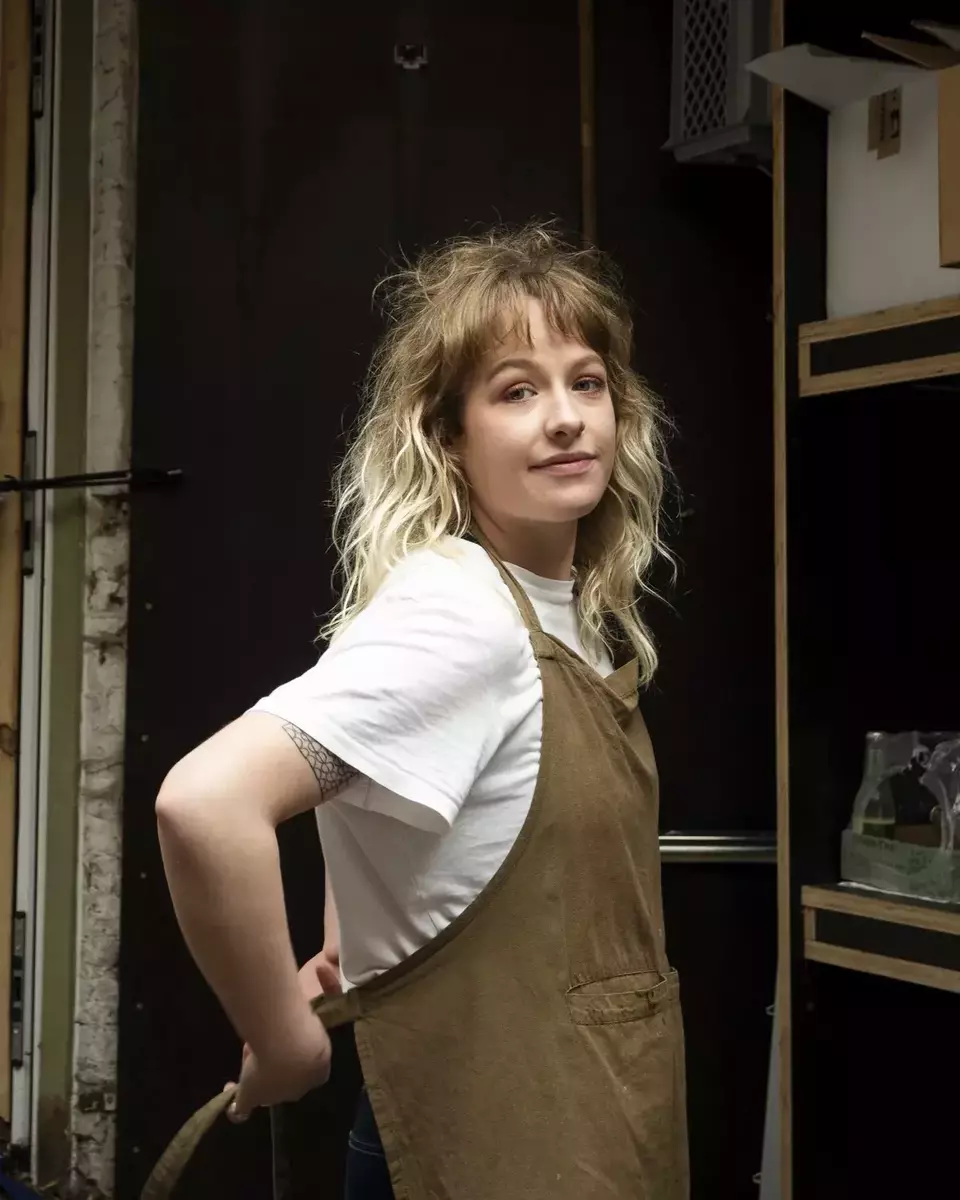
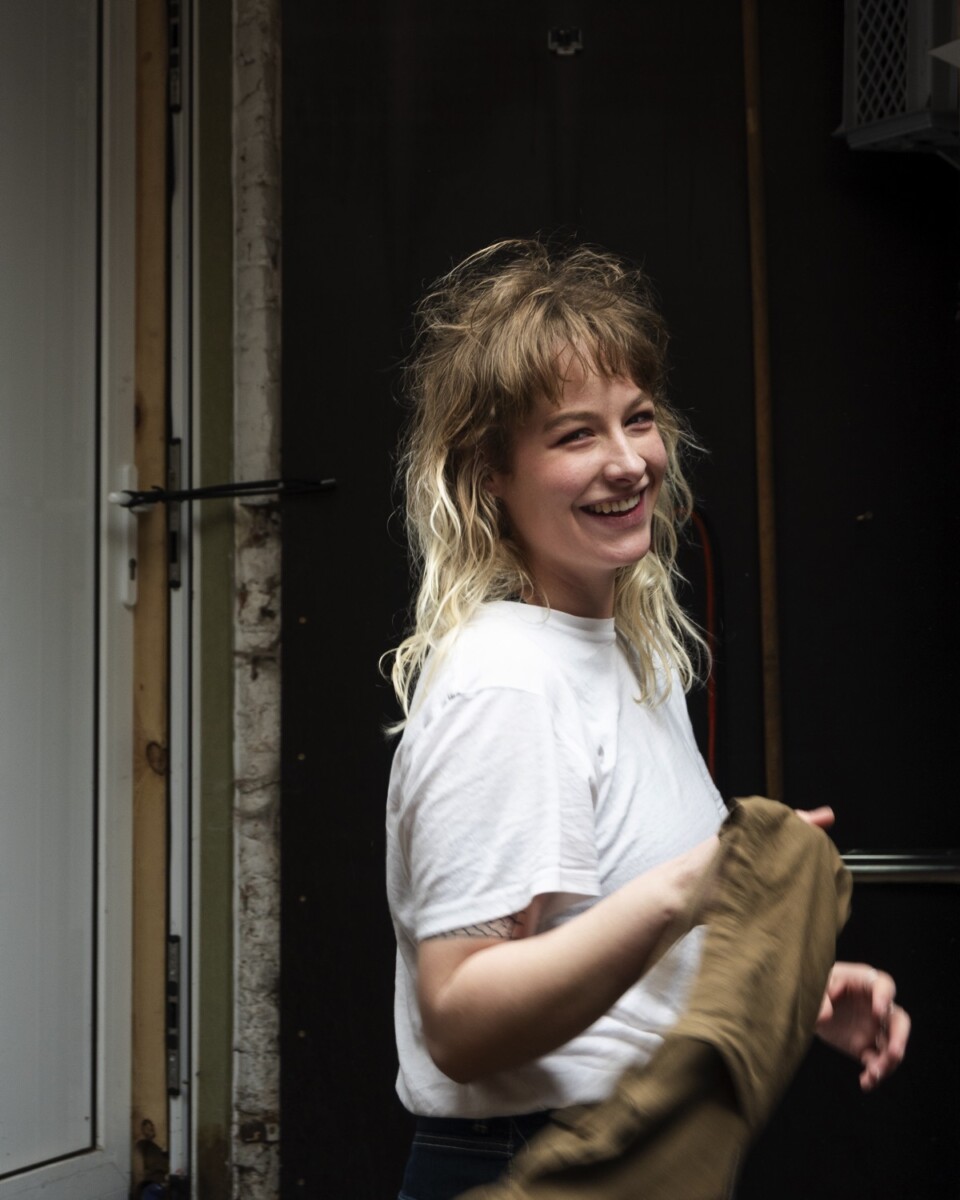
DIFFERENT CLASS
Tell us a bit about yourself!
I’m Luna Demey! I go under the name of CELEBR8 CULTCAKES for my baking. I graduated last year in fine arts with edible work. Throughout my years at KASK & Conservatorium I tried many things, but what remained constant was my love for baking. It's something I’ve done and loved since I was a little kid, baking with my mother on the weekends and Wednesday afternoons, spending hours looking through the oven window as if a spectacle was growing and rising right in front of me. I had kind of forgotten about it and wasn’t working with baking, at least not on an artistic level, because I hadn’t really made that link yet. But then COVID-19 hit, and like loads of people, I started baking a lot again, to the point where we couldn’t eat it all. My roommates suggested I should start selling my work because we couldn’t keep up anymore. So I began to sell my cakes and realised that there was so much more I could do with this than just baking and selling. I started conducting an aesthetic research, which included a layer of feminist theory.
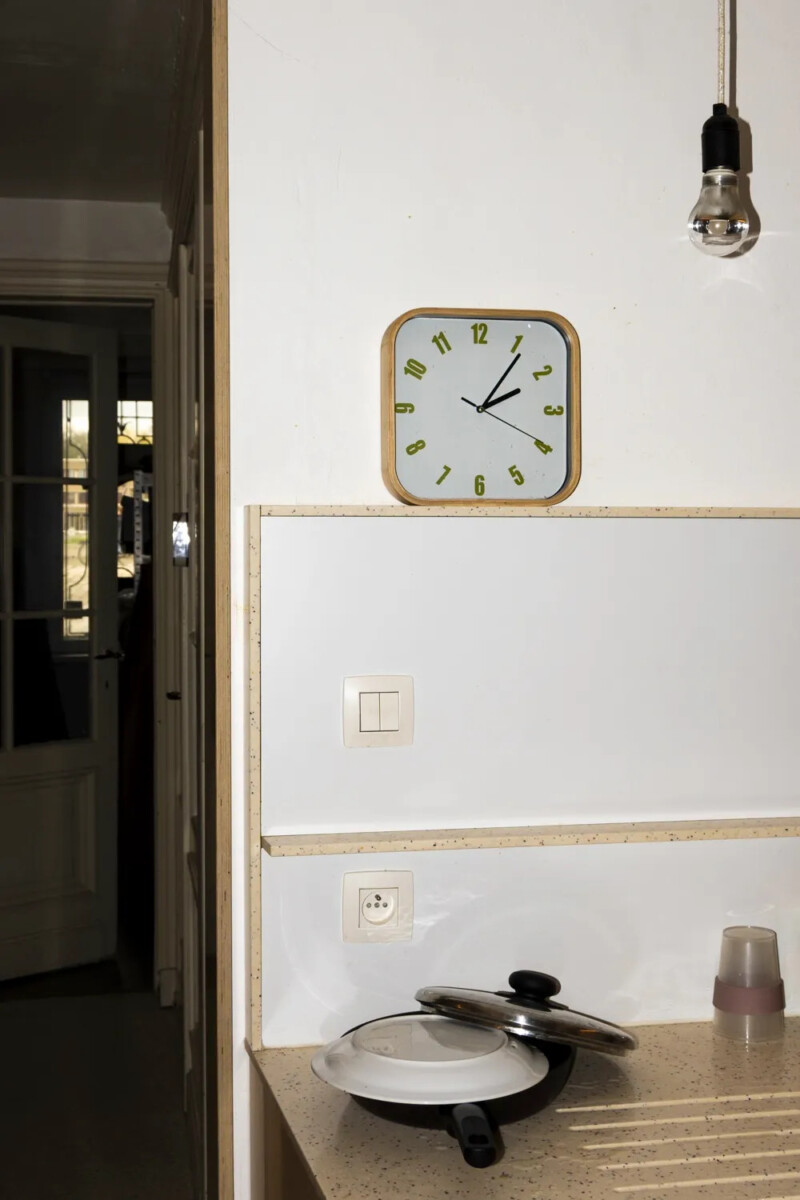
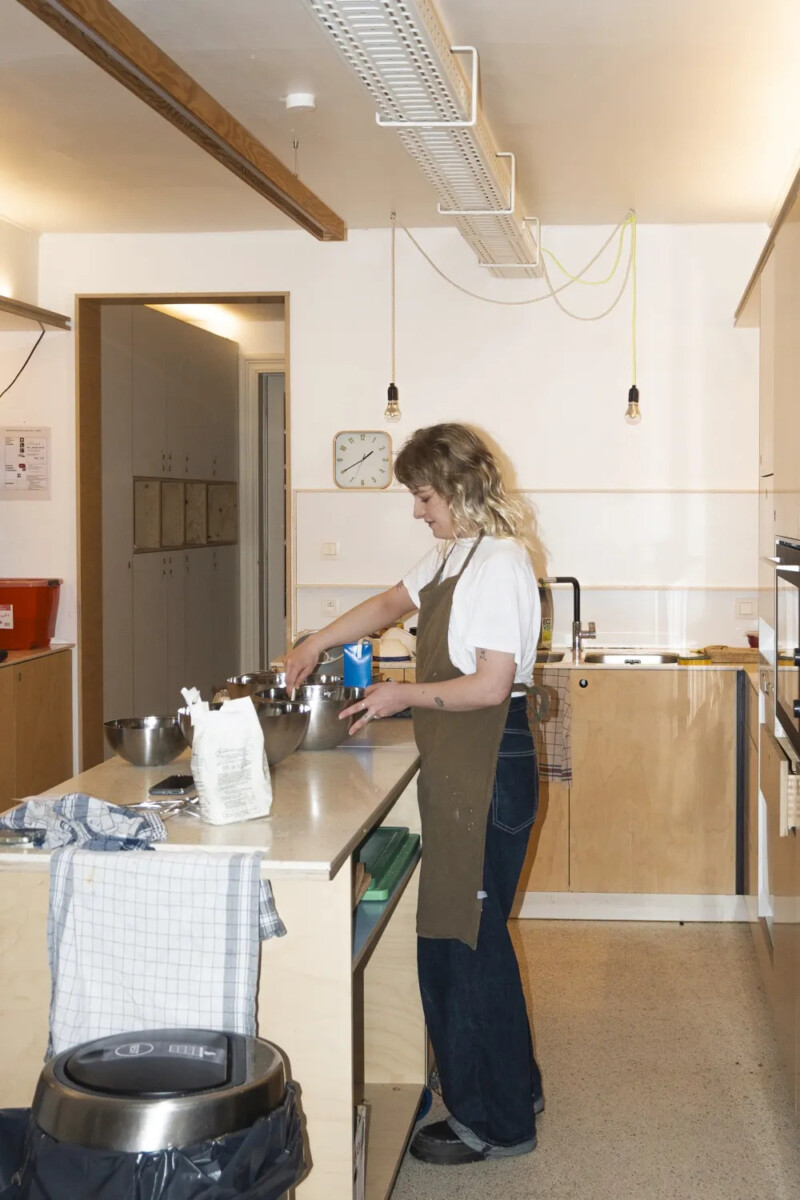
DIFFERENT CLASS
You studied autonomous design and fine arts at KASK & Conservatorium. Can you tell us more about that?
Autonomous design is very community-based; students work together in a large atelier, and the idea is that different artistic practices can be shared with each other. I tried many things there and experimented with weaving and performing, for example. After COVID, I switched and went into fine arts to start my master's, under which you can find disciplines like painting, drawing and installation. It's quite broad. It was possible to explore the artistic side of my baking under fine arts as they had the facilities and kitchens available in their ateliers. I graduated with an edible work project, but in the end, not everything was equally edible anymore. I experimented with layers of epoxy put onto the cakes to see how long the cakes would hold. Some of the cakes were months old and deteriorating. The idea of the ephemeral is interesting to experiment with while working with food. I usually work so long on a single cake, then it’s eaten and the work is gone, travelling through the intestinal tracts and then into the sewer becoming another form.
DIFFERENT CLASS
Was this the concept behind your graduation project, A XENOMOPRH'S CHIMERA?
There was actually a whole narrative behind it. I was reading a lot of feminist literature at the time and was completely captivated by The Xenofeminist Manifesto, by Laboria Cuboniks. It talks about feminist theory; we’re stuck in a binary world with a certain gender that keeps us from liberation and becoming the highest version of ourselves. So, to transcend this, the idea of a digital metaverse kind of world is proposed, where you can upload your consciousness and live as genderless entities. I dug deeper into this concept and found followers of this idea on Reddit who went even further, suggesting that the only way to reach women's emancipation is the extinction of humankind. But the question is then: How can we be emancipated if we no longer exist? From that starting point, I developed a narrative in which humans have been extinct for ages. A new species arrives on Earth and begins to find archaeological evidence of human existence. One of the few things they find intact is a baking book, through which they try to determine who we were. They see the festivities that were held around cakes and try to figure out how these rituals work. We, as humans, use cakes to celebrate birthdays and anniversaries,... but this new species makes the wrong interpretation. They begin to think we viewed these cakes as heavenly, divine entities and create rituals centred around these cakes to honour and worship them. And this is where it links back to the potential emancipation of women, because the woman is the creator of the cake, as portrayed in these baking books, and is seen as the supreme deity in this narrative. I tried to visualise the atmosphere of this post-human narrative in the installations I graduated with by treating the work as if it’s meant to be an archaeological cake exhibition for non-humans in the grim depths of the school’s basement. The cakes that were exhibited could be interpreted as relics of a bygone era, carrying a ritualistic history.
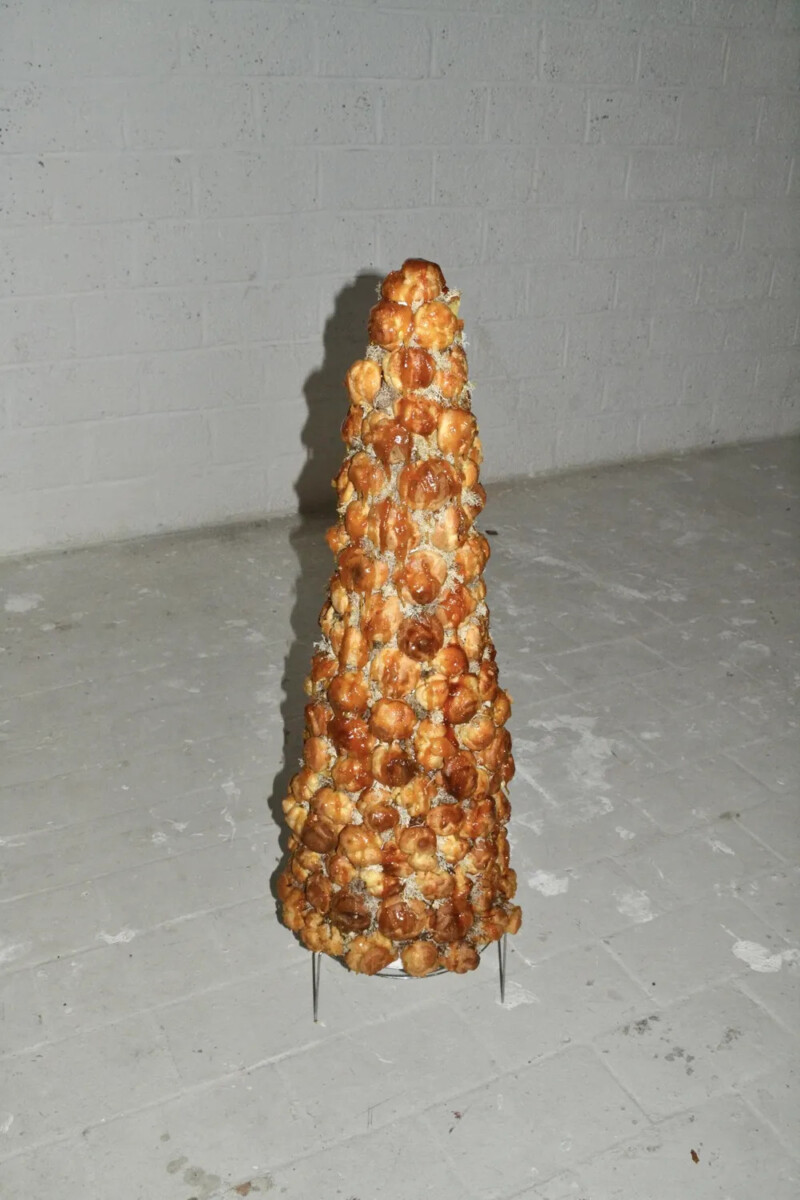
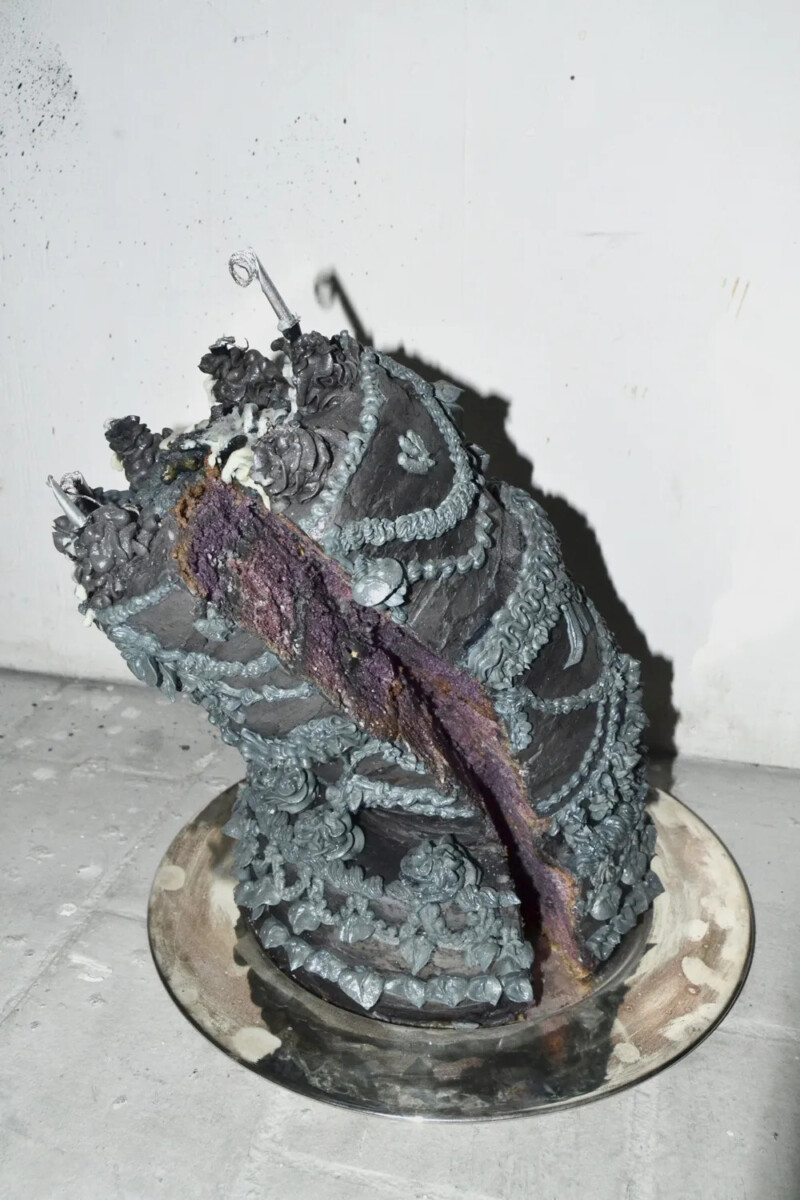
DIFFERENT CLASS
You can really see this ritualistic aspect in the aesthetic of your cakes.
Yes, I find it really important to go deeper than just catering, or just baking something that tastes good. I’m always searching for a narrative layer or something that challenges me in a way. For example, making a cake that doesn’t look edible but tastes amazing. Right now, I’m working on a cake that's 2 by 2 metres and 1,5 metres high. It will be a partially edible construction for the opening of an exhibition. I'm excited to take the challenge of making something enormous that’ll feed 200 mouths. The taste experience is also super important, it’s another layer through which you can experience my work. I love brutalistic recipes. One of my favourites involves cooking oranges, peel and all, throwing them into a blender until it's mush and then adding it to the dough. I also like experimenting with sourdough. The idea of a culture of little creatures living inside the dough amuses me.
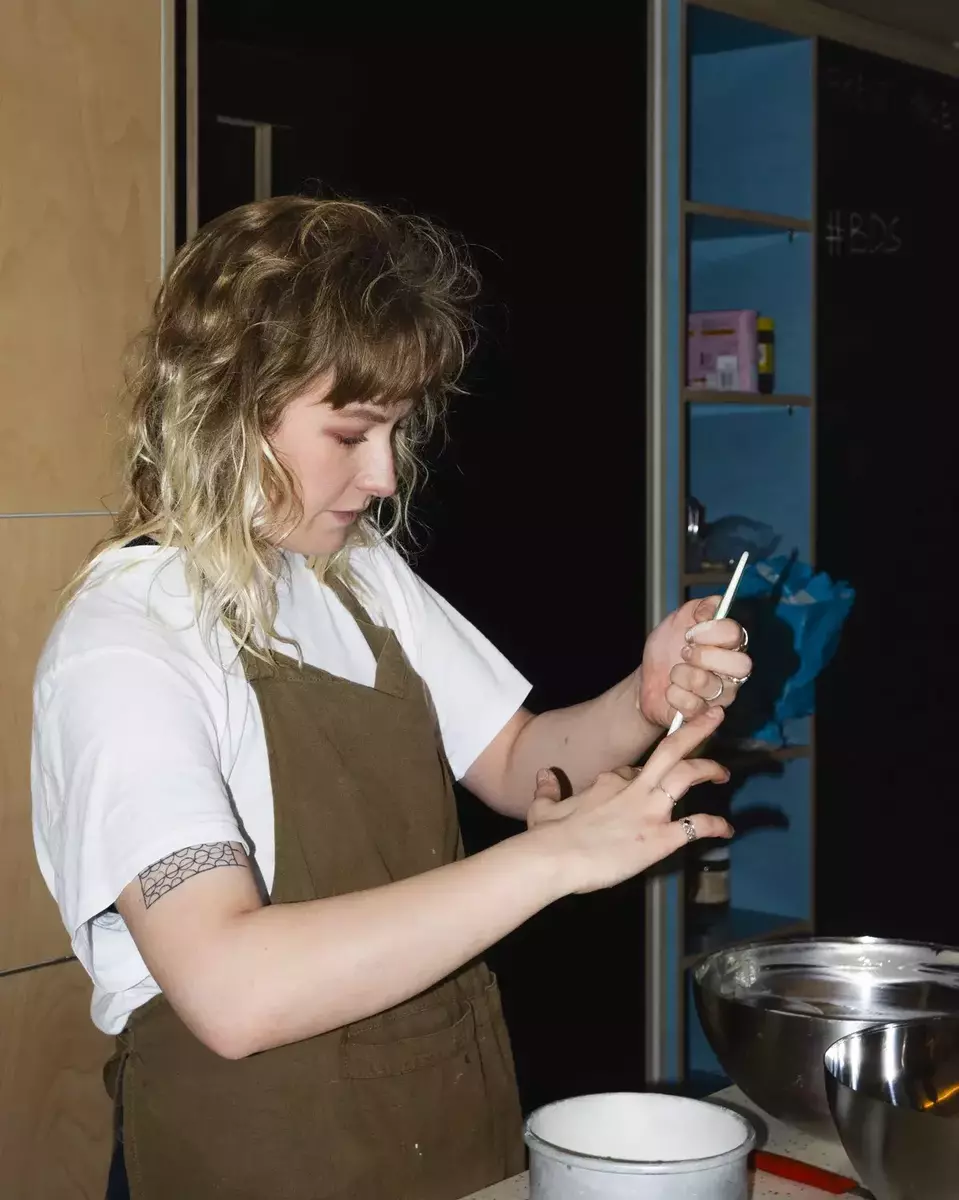
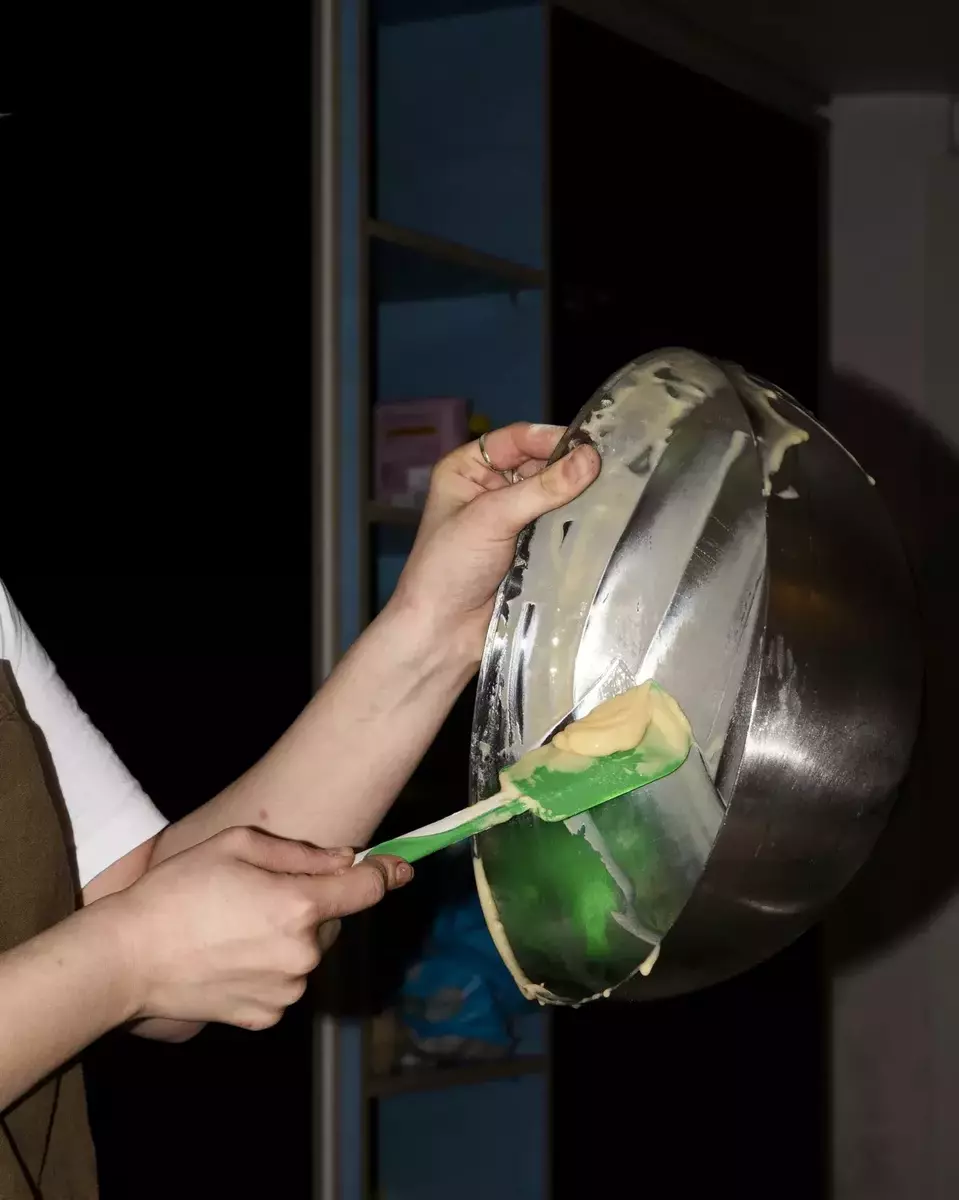
DIFFERENT CLASS
How is it finding your way as a graduate?
I actually started a new degree, an educational master's at KASK. A big aspect of this master's is learning to set up participative projects, which interests me as well: working with other people in the form of workshops and looking at how different baking cultures can come together. Last year I was also reading the works of Silvia Federici, a feminist activist and political theorist, who introduced the concept of ‘Counter-planning in the kitchen’ in the seventies. This involves transforming the kitchen into a space of community instead of isolation and oppression. The kitchen becomes a political space where women can gather and consider strategies for emancipation. So I consider it valuable to be able to bake and work with others and share ideas with each other while doing so. It’s a dream to have my own bakery and exhibition space where I can share my work, and invite other people to work together crossovering different media and learn from each other. That’s hopefully something for the near future when I’m graduated.
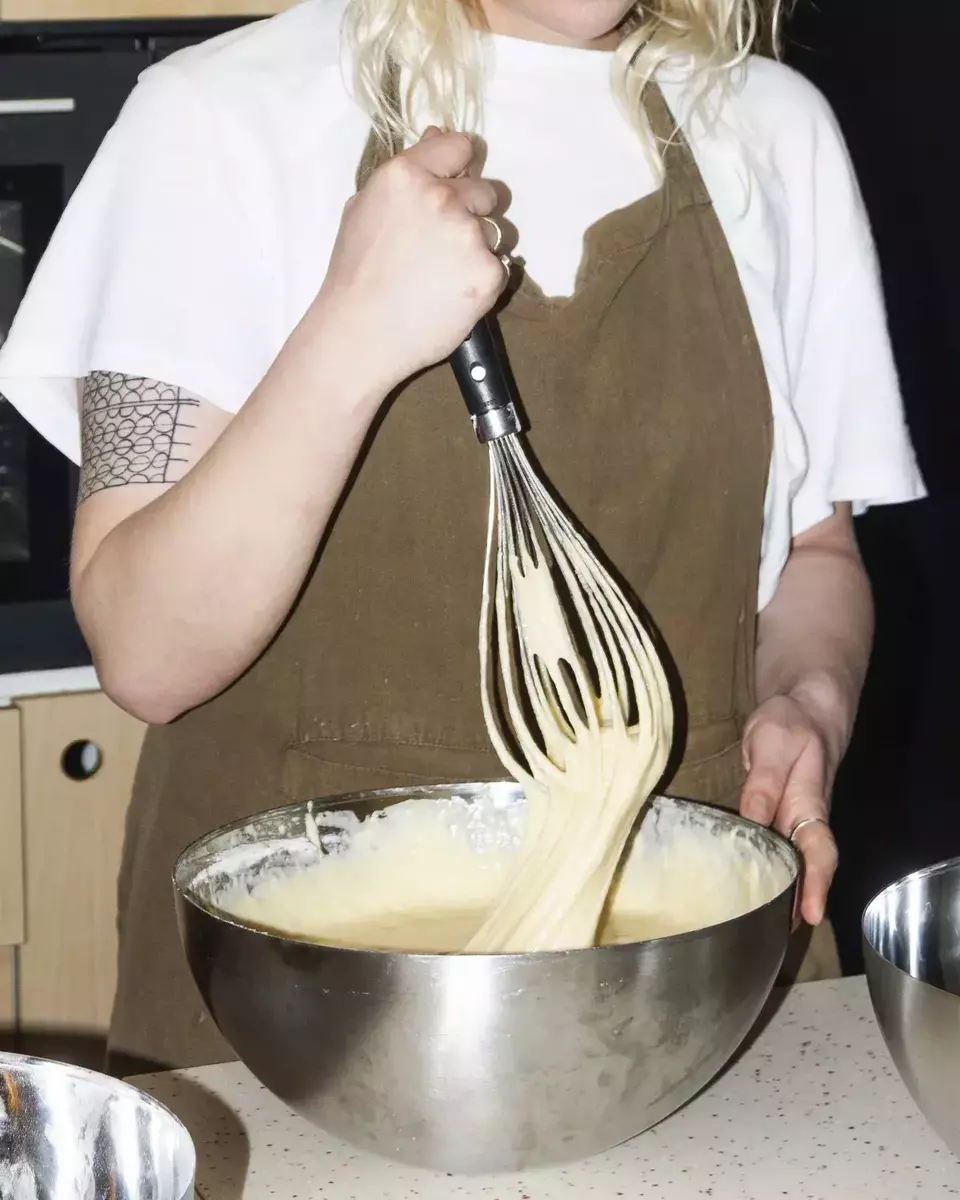
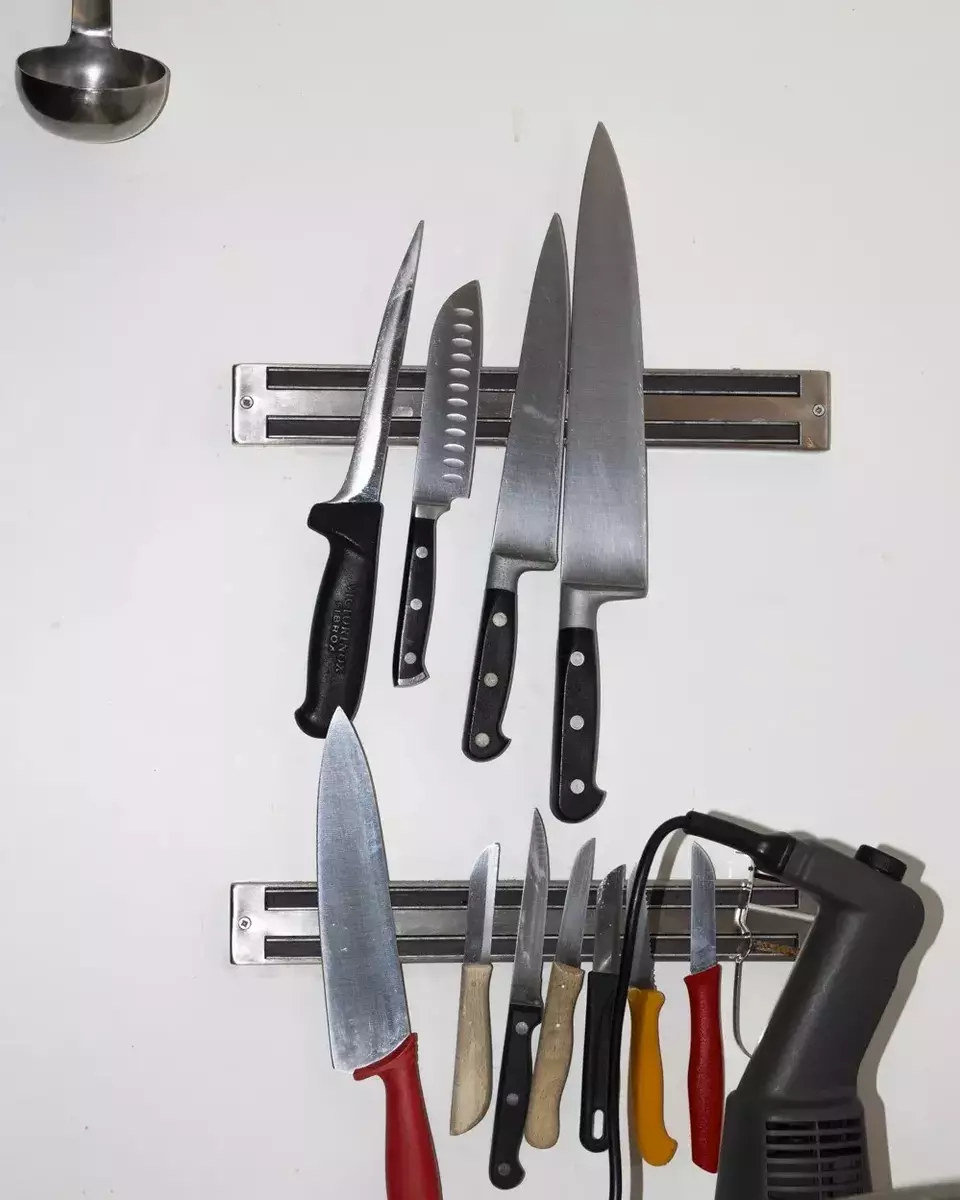
Photos of Luna: Yaara Stuart
Photos of cakes: Luna Demey

